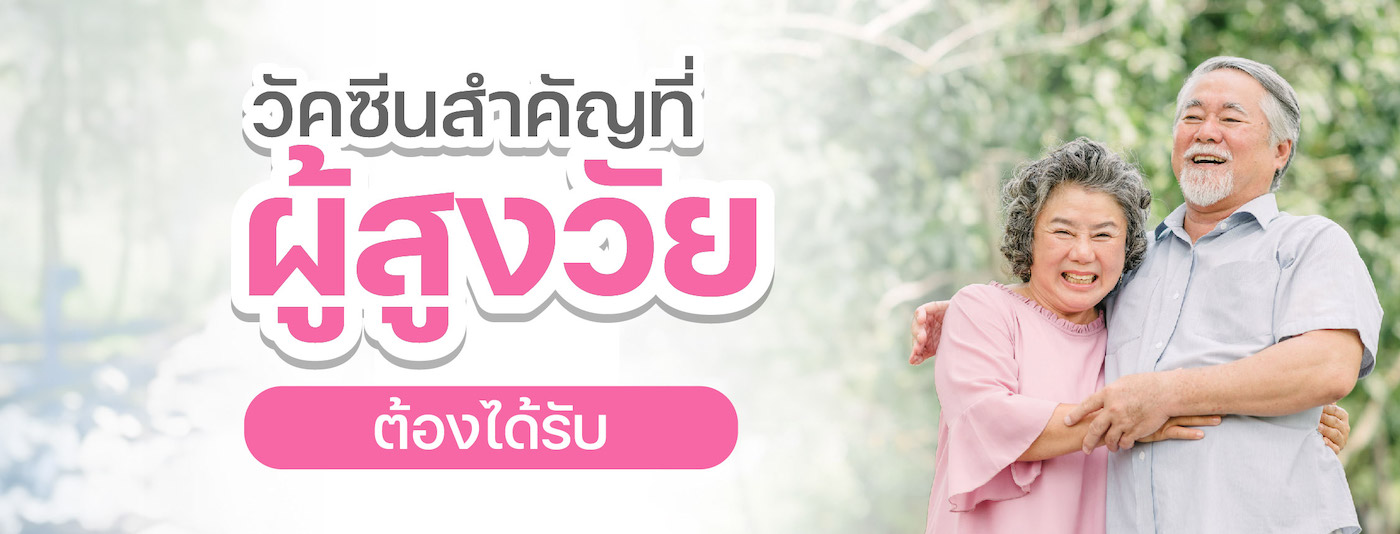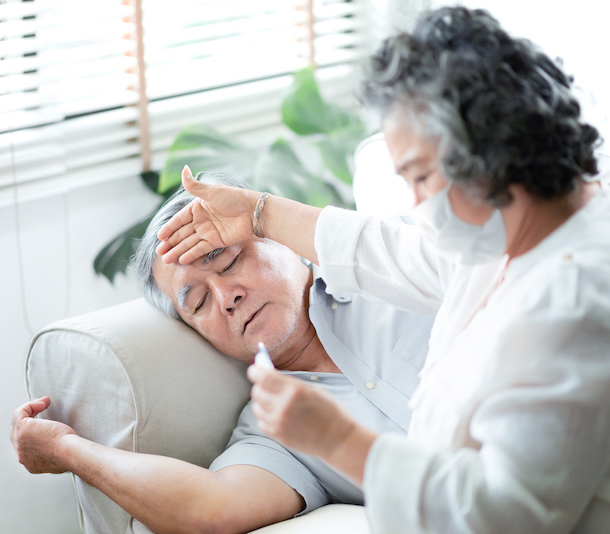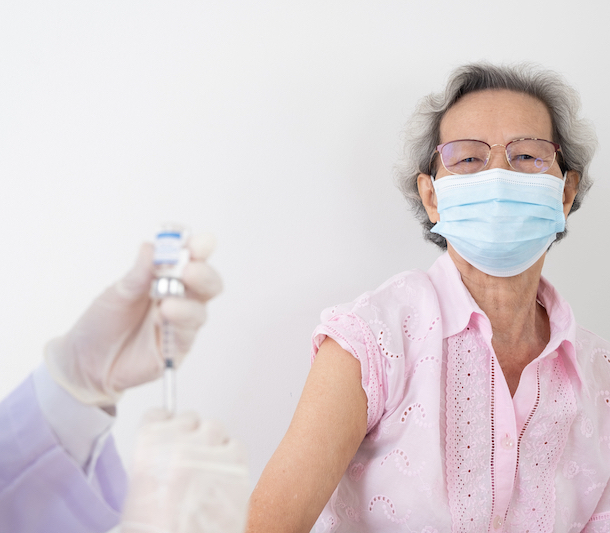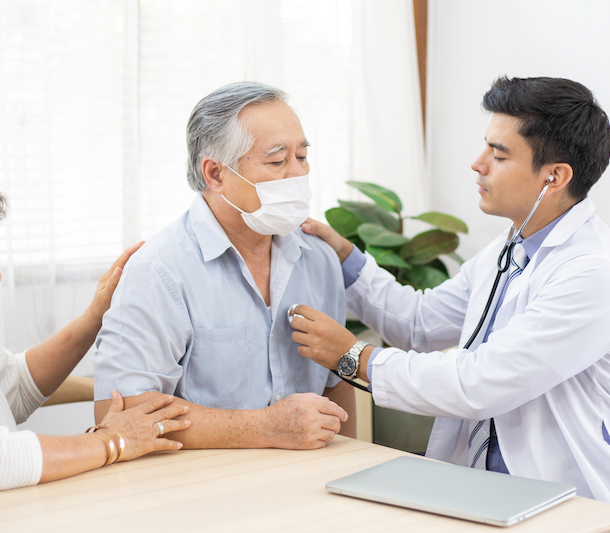
Since the elderly are at an increased risk of illness and infection, vaccination is very important. Vaccines help prevent diseases that can severely worsen the health of older adults.
As age increases, the body's immune system declines, making older adults more susceptible to infection. Vaccination strengthens the body's shield, reducing the risk of various potential illnesses.
A strong immune system is key to fighting off diseases. The elderly with weakened immunity may not be able to fight infections effectively. Vaccines are an essential tool for disease prevention, reducing the risk of easy infection.
Since the body cannot respond to pathogens as quickly as in youth, vaccination reduces the risk of infection and prevents diseases that could lead to severe complications.
Caring for the health of older adults in the family is important. Taking them to receive vaccinations as recommended by a doctor builds a shield against diseases and strengthens the body. The elderly will have better health and quality of life. The essential vaccines that seniors must receive are as follows:

Influenza infection risks causing "severe inflammation" that cannot be stopped, eventually leading to death. The influenza vaccine is crucial for the elderly because it can:
Shingles is caused by the same virus that causes chickenpox. It typically manifests as a blistered rash accompanied by pain in the affected area. This pain can last continuously for months or years after the rash heals, known as Postherpetic Neuralgia, a complication often seen in the elderly that can severely impact quality of life.
Furthermore, seniors aged 60 and above who contract shingles are at risk of severe complications such as:
Therefore, the Shingles vaccine is highly important for the elderly as it effectively prevents shingles and reduces the severity of the disease, providing protection for up to 8 years and lowering the risk of infection and complications.


Pneumonia (infectious pneumonia) is a disease caused by bacteria, viruses, or fungi. Especially in the elderly with low immunity or existing poor health, the risk of severe complications from pneumonia is very high. Pneumonia is a leading cause of death in the elderly, with a mortality rate as high as 50% in severe or untreated cases.
The Pneumonia vaccine plays a vital role in preventing and reducing the risk of this disease in the elderly. Key benefits include:
Therefore, the Pneumonia vaccine is a crucial investment in elderly healthcare, especially for those with low immunity.